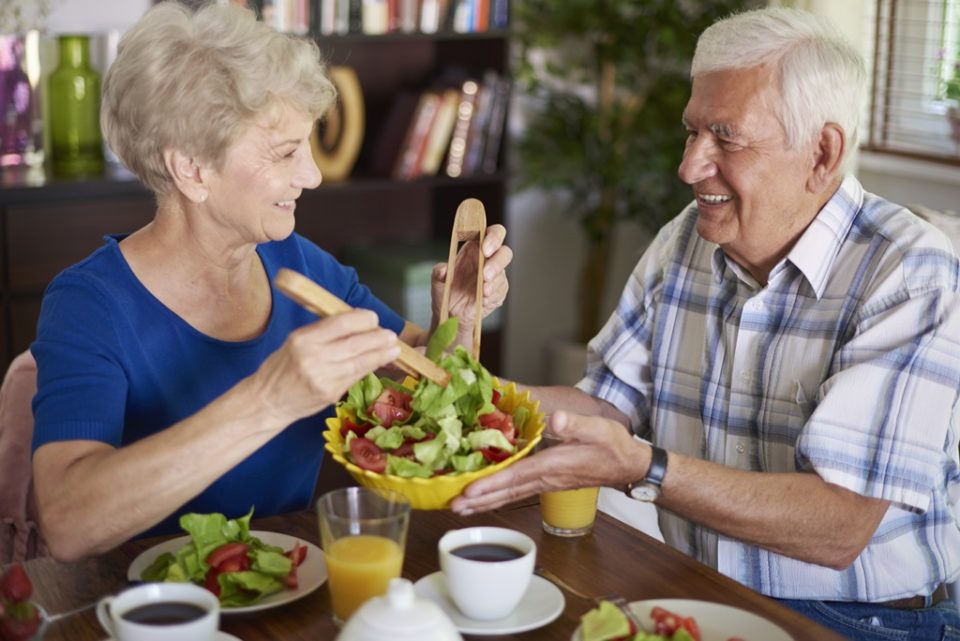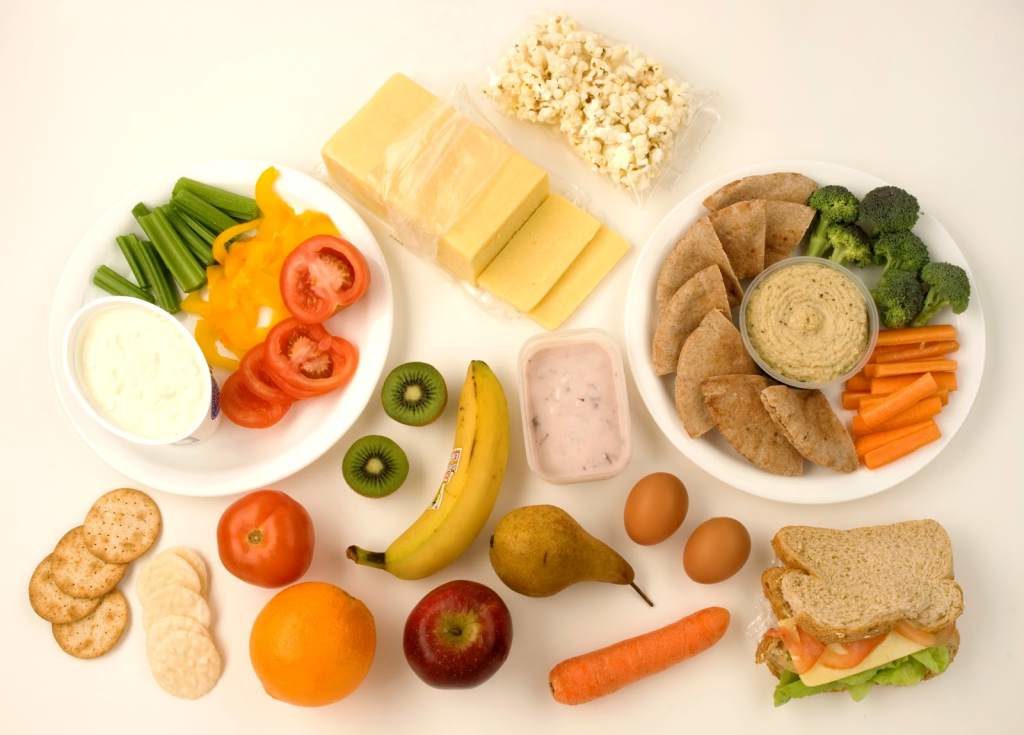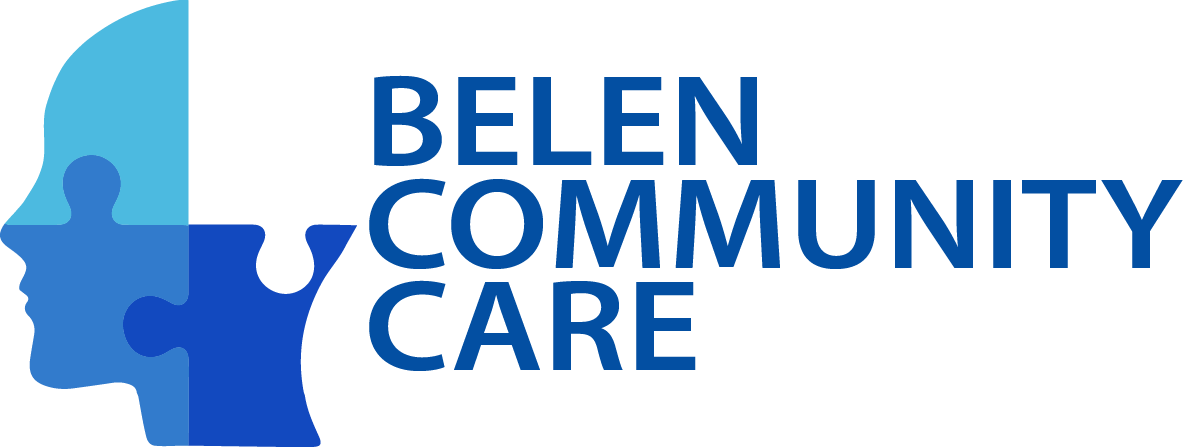
What is nutrition and why is it important for the elderly?
Nutrition is consuming a healthy and balanced diet so that your body gets the nutrients it needs. Nutrients are substances in the food that our bodies need to function and grow. These include proteins, carbohydrates, fats, vitamins, minerals and water.
Good nutrition is important, regardless of your age. It gives you energy and can help control your weight. It can also help prevent diseases, such as osteoporosis, high blood pressure, heart disease, type 2 diabetes and some types of cancer.
But as you get older, your body and your daily life change, just as you need to maintain your health. For example, you may need fewer calories, but still require enough nutrients. Some older adults need more protein.

What things can make it harder for me to eat healthy as I get older?
Some changes that occur as you get older can make it harder for you to eat healthy. These include changes in your:
- Home: If you are suddenly living alone or have problems moving around Health: You may have problems cooking or feeding
- Medications: They can change how you taste the food, cause dry mouth or reduce your desire to eat
- Income: You may not have enough resources for food
- Your sense of smell and taste
- Problems chewing or swallowing food
Eat foods that give you many nutrients without too many extra calories, such as:
Fruits and vegetables (choose different types with bright colors)
Whole grains, such as oats, whole wheat bread and brown rice
Low-fat milk and low-calorie cheese, or rice or soy milk fortified with vitamin D and calcium
Fish, seafood, lean meats, poultry and eggs
Beans, nuts and seeds
Avoid empty or hollow calories: These are foods that have many calories but few nutrients, such as chips, sweets, baked goods, sugary drinks and alcohol

Prefer foods low in cholesterol and fats:
- Especially avoid those that contain saturated and trans fats.
- The saturated ones are fats of animal origin, while the trans fats are processed fats in margarine and food fat.
- They can be found in baked goods sold in stores or fried foods in fast food restaurants
Drink plenty of fluids: Do not get dehydrated. - Some people lose the ability to feel thirsty as they get older.
- In addition, certain medications may increase the importance of drinking enough fluids
Exercise: If you have begun to lose your appetite, physical activity can help you feel hungry











Leave a reply